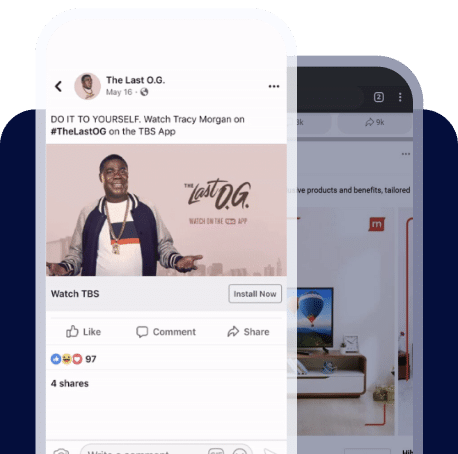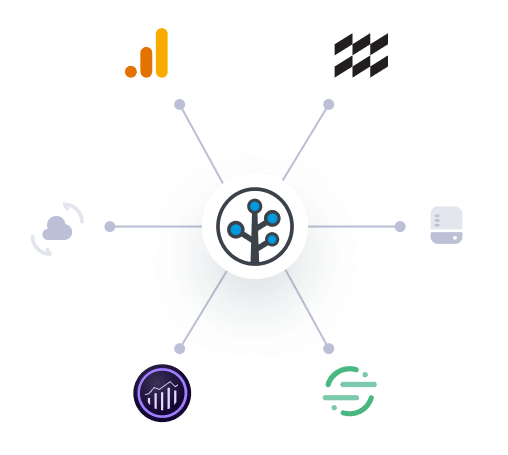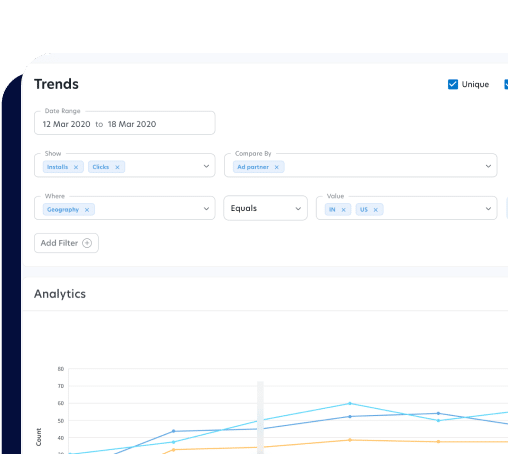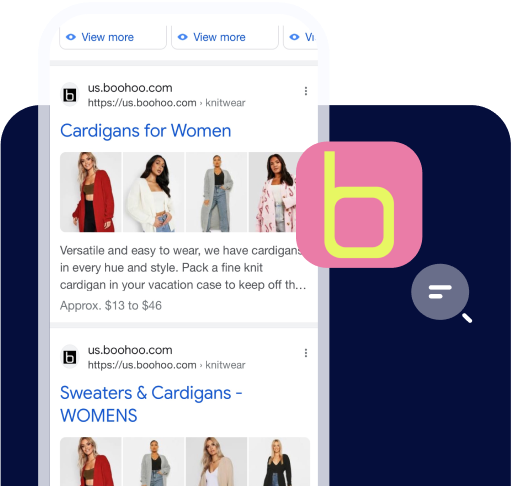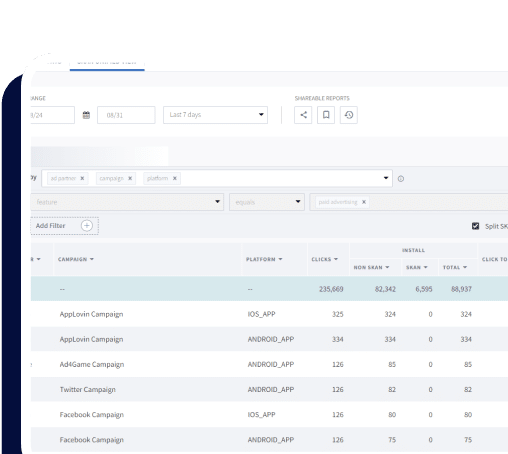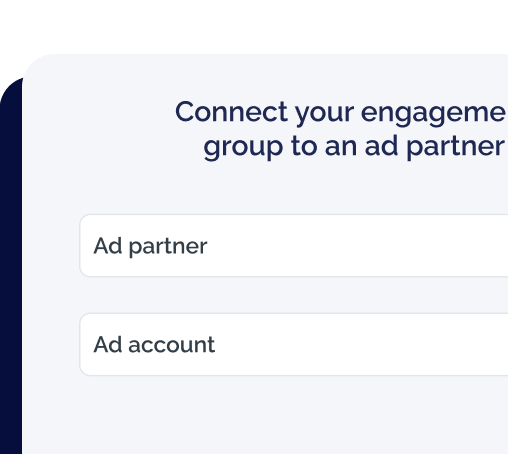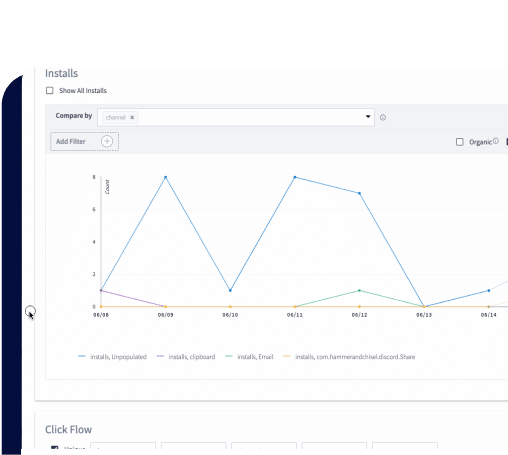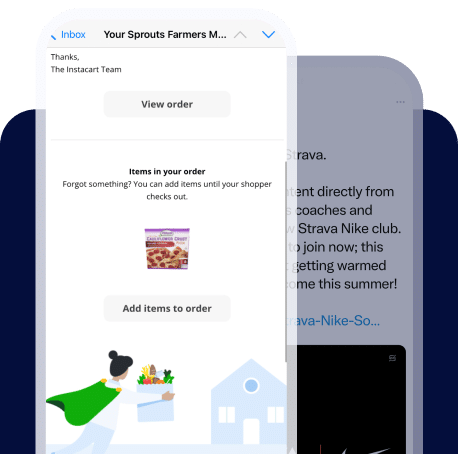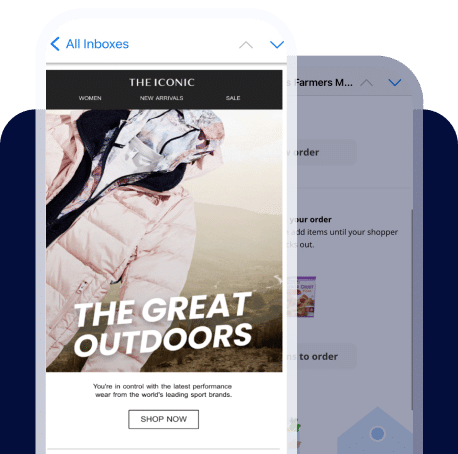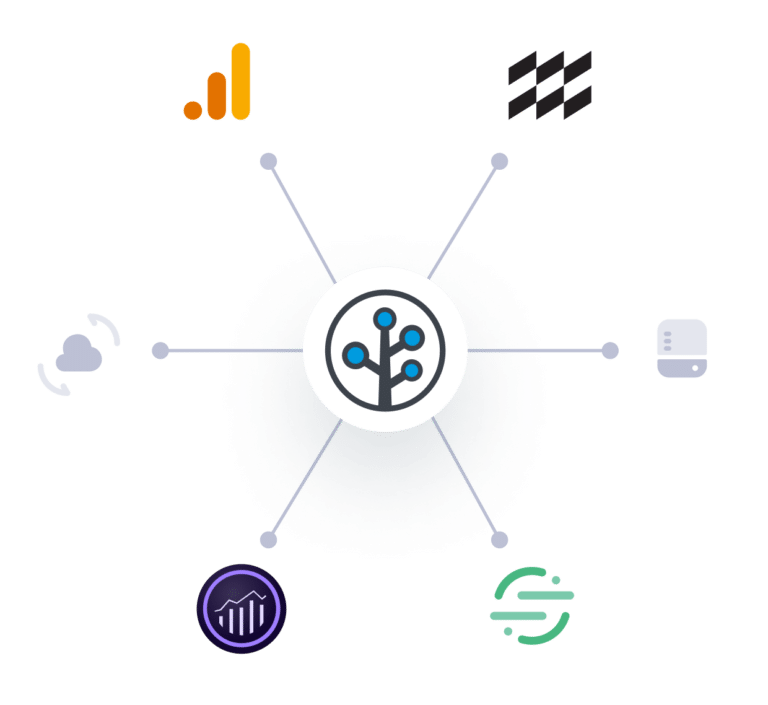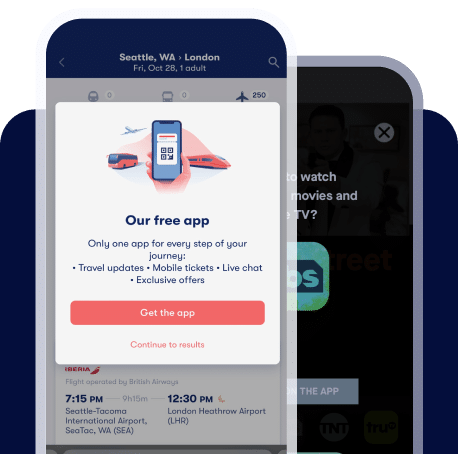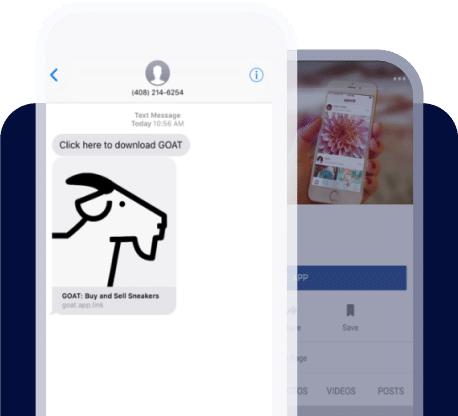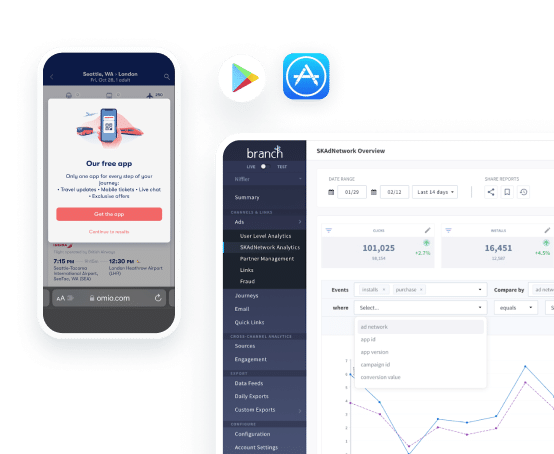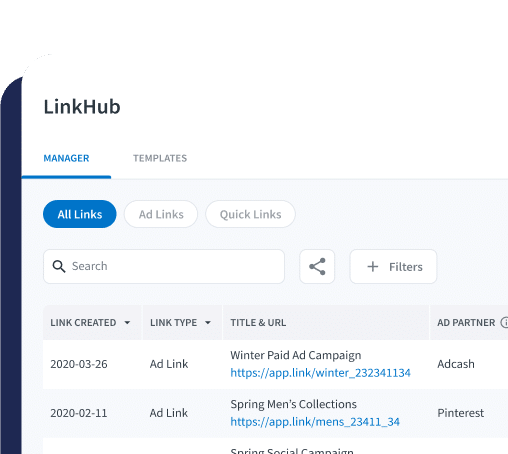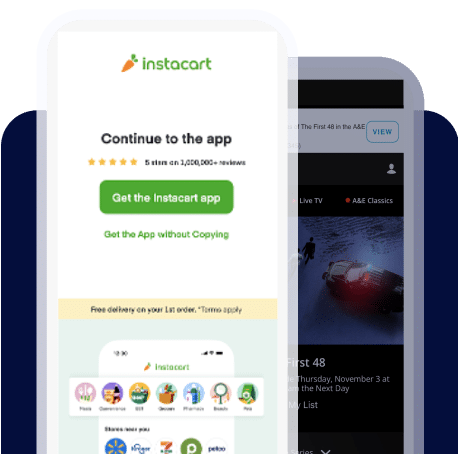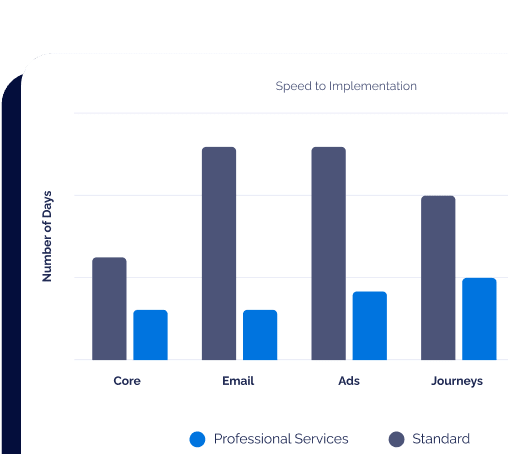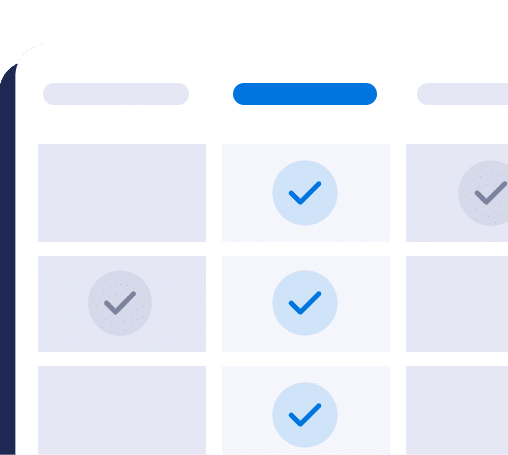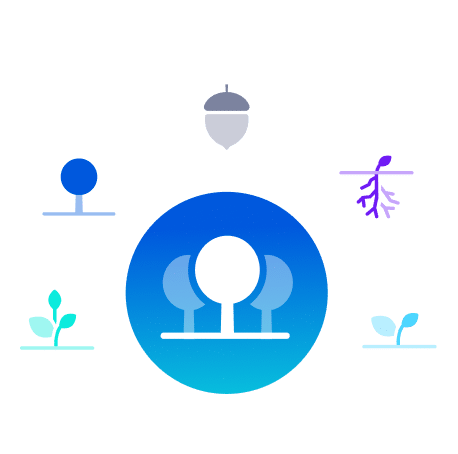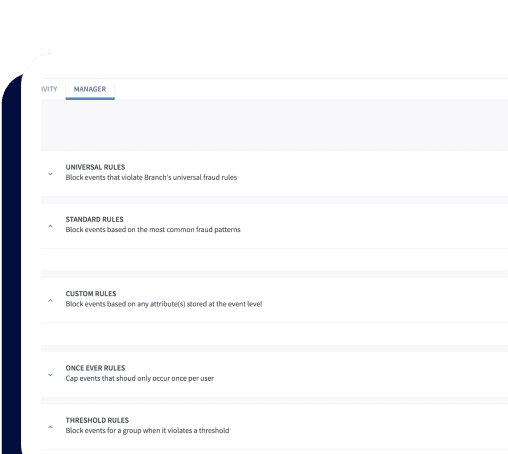After a slew of major ecosystem changes to mobile standards and implementations in 2015, the pace slowed considerably in 2016. But that doesn’t mean that deep linking and optimizing for mobile isn’t as important as ever for brands – small and large – around the world. Here, we will cover the major trends and events in 2016, and share some predictions about what 2017 will entail for deep linking.
Mobile Ecosystem Trends & Observations
App deep linking took center stage
With over 85% of mobile digital time spent in apps, it’s clear that apps have become the preferred environment for consumer engagement. Such app dominance means that deep linking has become a critical component in ensuring a smooth user experience to the app across all channels. Read the Mobile Deep Linking 101 post to get started.
The difficulty of building the deep linking infrastructure
While deep linking has become an integral part in the app experience, the amount of effort required to build a comprehensive mobile linking service has been somewhat lost. In this post, Branch CEO Alex Austin shares some key learnings and considerations for those who want to tackle deep linking in house.
The ability to deep link an email
70% of emails are read on mobile devices, meaning it is more important than ever to ensure a smooth email-to-app experience, yet this still remains a top challenge for many executive marketers. Read the study we conducted with The Relevancy Group for more details.
Additionally, a broken email experience also means lost revenue — we found that for every 1m emails sent without deep links to the mobile app, you lose $4,000 in top line revenue. Understand how to drive revenue by deep linking your emails.
Google’s App Indexing quest
Google realized the importance of indexing app content and released app indexing, but still requires you to build a website to point to app content. To help mobile developers leverage mobile search and the latest AMP standards to get your apps discovered, check out this SEO platform to bridge the gap without having to build a site.
What are Dynamic Links?
Google adds Dynamic Links as the deep linking component of their Firebase platform. It sends a signal about the strategic value deep linking holds in the war between mobile web and app. Check out our comparison chart for more.
Facebook is building a higher wall around their kingdom
Facebook has historically been an effective platform for new apps to be discovered through App Invites and Facebook’s own App Links standard. However, both of these functions mysteriously seemed to stop working as Facebook’s strategy has shifted to a walled ecosystem. Follow this step by step guide if you want to learn how to deep link off Facebook.
Google “is going back to the mobile web” with AMP
Google has rolled out Accelerated Mobile Pages (AMP) hosted on their servers as an attempt to maintain their relevance in mobile search. What does this mean? Google gives site owners preferential ranking treatment, but can manipulate the layout of the hosted sites and change the user experience to keep users within the Google walled kingdom around search. Learn more about AMP pages and what you can do to succeed in this new mobile world as an app developer.
Google has quietly faded Android Instant Apps and App Streaming to the background
Google announced Android Instant Apps at the 2016 I/O. Instant Apps run through subsections of a native app so you don’t need to visit the Play Store once it’s live. In theory this was a great idea, but there were limits with the functionality according to early beta testers. Google has recently made the technology available to a few companies like Buzzfeed. Here at Branch, we love the idea, but are hesitant that the world is ready for this. Check out our opinion on VentureBeat.
Major Industry Events
Right at the end of 2015, Apple forced Universal Links to be the only deep linking option on iOS
URI schemes were rendered useless in terms of opening an app through Safari by the iOS update in December 2015. Apple has started to push all app developers to adopt Universal Links. Use our guide for deep linking best practices with Universal Links.
Apple fixed a Universal Links loophole in iOS 9.3
During the 9.3 update, Booking.com exposed the failures of Universal Links. While Apple fixed the problem, users already had a negative experience due to Universal Links. Learn more about what else changed in iOS 9.3.
Apple launched iMessage as a new iOS app platform separate from existing apps
iOS 10 launched an app store within the iMessage platform. Learn how Branch and iOS 10 work together and how to build sharing and deep linking for iMessage apps.
Apple introduced Spotlight Cloud Search in WWDC
Spotlight Cloud Search was great in theory, but its effectiveness remains to be seen. We created multiple implementation posts to help you get started with Spotlight Search with simple and measurable steps if you choose to set it up.
Google separated out the mobile index from the desktop index to try to work on improving mobile search
Google’s mobile index will launch at some point this year, which means search results will give preference to mobile-enhanced results first. If you are an app developer with no website, have no fear. We recently launched our AMP Deepviews to help app content to be effectively indexed to get benefit from web SEO tactics.
Google shows local app results in search in a move to catch up with Apple Spotlight
Google adds the new “In Apps” tab in search results to show content inside apps in a similar fashion to Apple’s Spotlight. So far, it’s been limited to Android devices and can only surface content from a handful of apps. In the meantime, you can follow this guide to let Google index your app content for web searches.
Google deprioritized App Indexing and decided to re-prioritize mobile web with AMP
While app developers were still trying to figure out App Indexing, Google has announced the AMP project to push web usage by giving preference to web pages compatible to the AMP standards. Apps are being left out yet again from Google search. To help app developers utilize search as a powerful tool to get their app content discovered by Google, we’ve rolled out the AMP Deepviews and a SEO platform for app content. Check out this post with step-by-step instructions.
2017 and Beyond
Based on how the industry has shifted over the past few years, we believe the deep linking space will continue to evolve and consolidate in 2017. Below are some of our thoughts around what’s likely to happen in the broader mobile ecosystem.
We won’t see the introduction of any new mobile linking standards
Between iOS Universal Links, Android App Links, and Chrome Intents, the “second generation” of deep linking infrastructure is now fairly mature. We should expect to see incremental improvements, but likely no major, game-changing introductions on the level of Universal Links and App Links in 2015.
Local device search will finally become usable
Both Google and Apple have been pursuing this for several years. We may even see a competing product emerge from one of the major Android device makers, as a point of market differentiation.
Apple will take steps to fix the issues with Universal Links
Universal Links are an improvement on URI schemes, but Apple has so far been conservative about rolling them out in all areas of iOS. We can expect this to change eventually as the App Store remains a critical revenue generator for Apple.
Google will continue focusing on mobile web (AMP)
Native apps have proved a tough nut for Google to crack, especially on the monetization front. Based on how the web community has reacted to Google’s aggressive push on AMP, we can expect them to soften their approach but it is unlikely they will stop pursuing the AMP project.
Facebook will continue adding in-app functionality to their Pages product
The social media giant is constantly experimenting with new features and functionality, with the goal of enhancing its ads value for businesses. This will also increase user lock-in on the Facebook platform by eliminating the need to launch third-party apps for basic tasks. For example, Facebook rolled out ordering and booking capabilities on Business Pages last October. We expect them to continue to building out these options as well as testing new ads formats with a focus on mobile.

